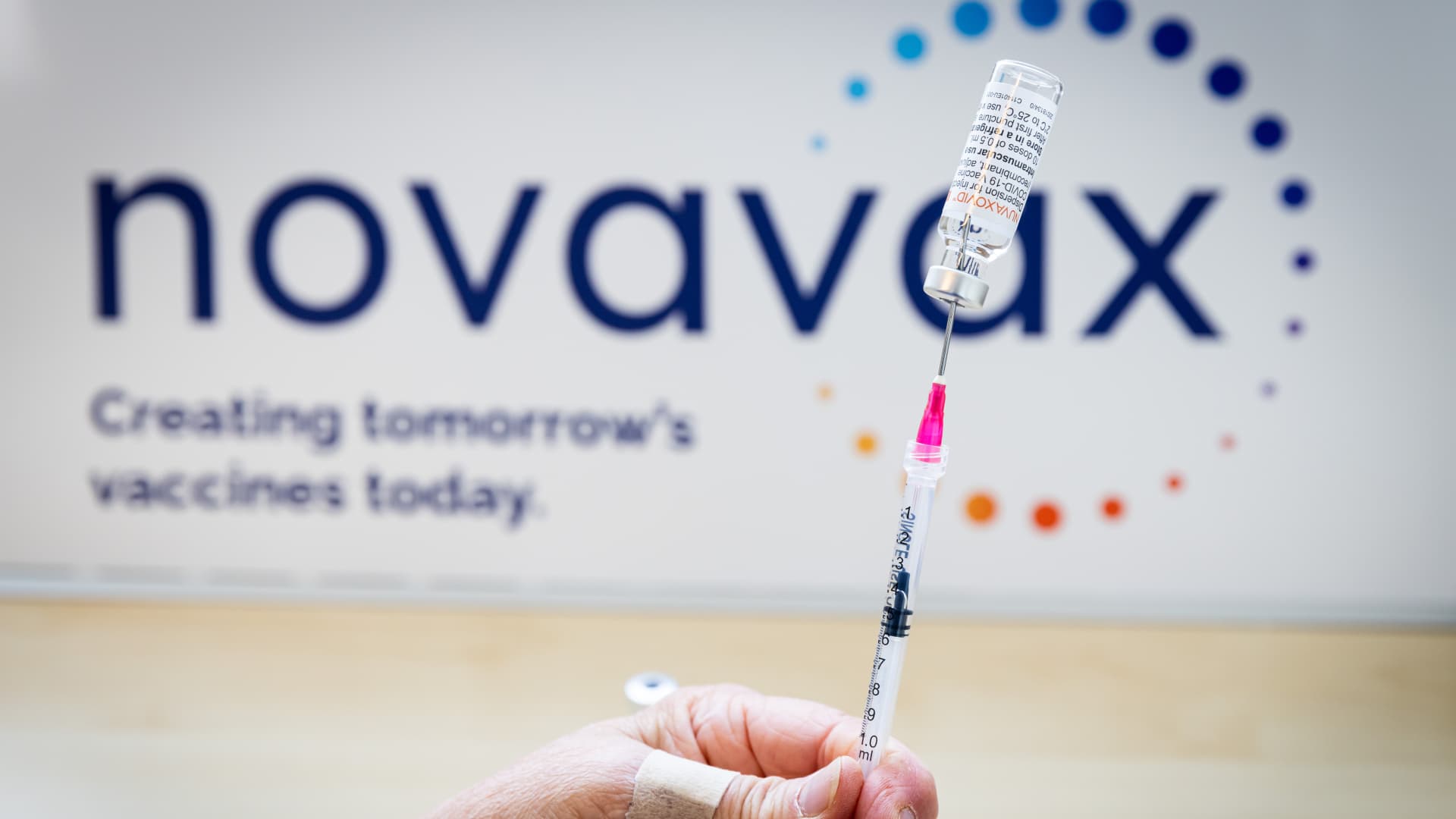Novavax’s Comeback: A Closer Look at the Revised Covid Vaccine Approval
After months of regulatory delays and manufacturing hurdles, Novavax has finally secured a narrower-than-expected approval for its protein-based Covid-19 vaccine in multiple markets. The U.S. Food and Drug Administration (FDA) and European Medicines Agency (EMA) recently authorized the vaccine for limited use, marking a pivotal moment for the Maryland-based biotech firm. This decision comes as global health authorities seek to diversify vaccine options amid waning immunity and emerging variants.
A Rocky Road to Authorization
Novavax’s journey to approval has been fraught with challenges. Initially hailed as a promising alternative to mRNA vaccines, the company faced:
- Production delays due to raw material shortages
- Regulatory questions about manufacturing consistency
- Intense competition from established vaccine makers
The company’s stock (NVAX) plummeted 92% from its 2021 peak before rebounding 30% following the recent approvals. “This is a classic case of a biotech underdog overcoming tremendous obstacles,” noted Dr. Sarah Williamson, a vaccine policy analyst at Georgetown University. “While the approval scope is narrower than hoped, it gives Novavax a fighting chance in the evolving vaccine market.”
Understanding the Revised Approval Terms
Regulators have cleared Novavax’s Nuvaxovid vaccine as:
- A primary series for adults (two doses, 3-8 weeks apart)
- A booster dose for certain populations
- An alternative for those who cannot or will not take mRNA vaccines
Notably absent from the approval is authorization for pediatric use or as a universal booster—key markets that competitors Pfizer and Moderna currently dominate. Recent CDC data shows mRNA vaccines account for 97% of U.S. Covid vaccinations administered in 2023.
The Science Behind Novavax’s Approach
Unlike mRNA vaccines that deliver genetic instructions, Novavax’s protein subunit vaccine contains:
- Purified spike proteins from the SARS-CoV-2 virus
- An adjuvant to enhance immune response
- A traditional vaccine platform similar to flu and HPV vaccines
Phase 3 trials showed 90% efficacy against symptomatic infection during the Delta wave, with generally milder side effects than mRNA options. However, real-world effectiveness against Omicron variants remains under study. “The protein-based approach may appeal to vaccine-hesitant individuals who prefer conventional technology,” explained Dr. Michael Chen, an immunologist at Johns Hopkins.
Market Implications and Competitive Landscape
The approval comes as global vaccine demand shifts from mass immunization to targeted booster campaigns. Novavax now faces:
- A crowded market with established competitors
- Decreasing government purchase commitments
- The challenge of converting public familiarity with mRNA options
The company has secured orders for 2 billion doses worldwide, but analysts project Novavax will capture just 5-7% of the 2023-2024 booster market. “Diversification in vaccine platforms strengthens our pandemic preparedness,” remarked WHO advisor Dr. Elena Petrov. “But Novavax must prove it can compete on price, distribution, and variant adaptation.”
Public Health Impact and Future Outlook
Health officials emphasize that additional vaccine options could:
- Increase overall vaccination rates by accommodating preferences
- Provide alternatives for those with mRNA vaccine allergies
- Support global vaccine equity through easier storage requirements
Novavax plans to submit data for bivalent boosters and pediatric use later this year. Meanwhile, the company is exploring applications of its Matrix-M adjuvant technology for other vaccines, including malaria and influenza. “This approval is just the first step in Novavax’s long-term strategy,” said CEO John Jacobs in a recent earnings call.
What This Means for Consumers and Healthcare Providers
For now, the Novavax vaccine offers:
- A conventional vaccine option for primary vaccination
- Potential benefits for individuals with mRNA concerns
- Comparable protection against severe outcomes
The CDC’s Advisory Committee on Immunization Practices will meet next month to formulate specific recommendations for Novavax vaccine use. Healthcare providers are advised to discuss all available options with patients, weighing individual risk factors and preferences.
As the pandemic enters its fourth year, Novavax’s belated entry provides both challenges and opportunities for global vaccination efforts. While the company faces an uphill battle against entrenched competitors, its technology may yet find an important niche in the evolving fight against Covid-19. For those interested in learning more about vaccine options, consult your healthcare provider or visit CDC.gov for the latest recommendations.
See more WebMD Network



